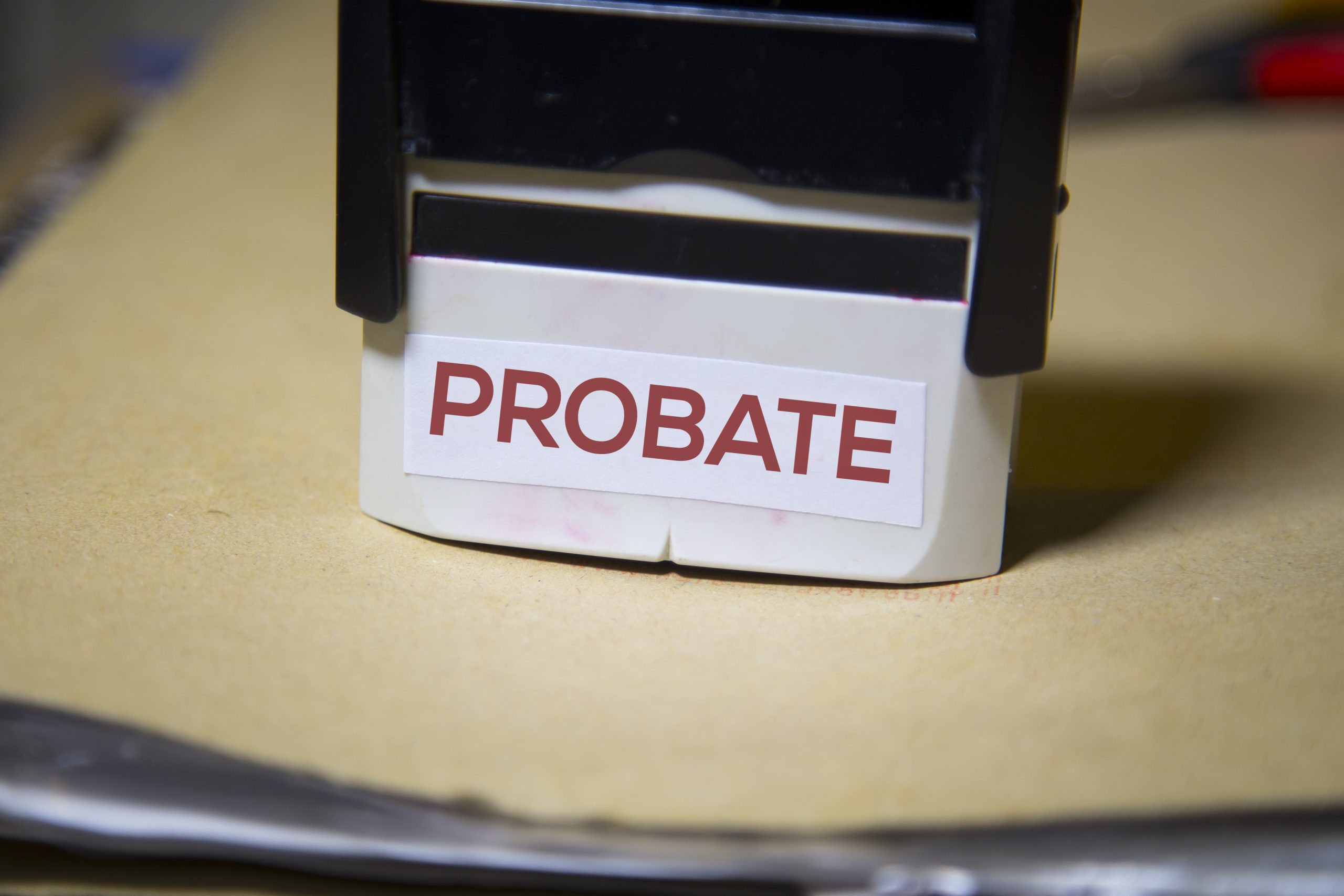Avoiding Probate: How Your Estate Plan Helps

A comprehensive estate plan should accomplish goals that reach beyond just distributing your estate assets after you are gone. For example, a comprehensive estate plan should also include strategies to help your estate avoid probate. With that in mind, the Knoxville estate planning attorneys at Stivers Law discuss how estate planning can help your estate avoid probate.
What Is Probate?
Over the course of your lifetime, you will acquire many different assets. The assets you own at the time of your death make up your estate. Those assets potentially become part of the probate process which is the legal process that will ultimately transfer your estate assets to the new owners after you are gone. If you leave behind a valid Last Will and Testament, the individual named as your Executor will oversee the probate of your estate. If you die intestate, or without a valid Will, the court will appoint someone to oversee the probate of your estate.
Why Should I Worry about Avoiding Probate?
There are several reasons why people prioritize avoiding probate in their estate plans. For some people, avoiding probate is an attractive prospect because they prefer to keep the details of their estate plan private. If an estate goes through probate, the terms of the Will submitted to probate become public record. By avoiding probate, you can keep details regarding the distribution of your estate private. Another reason why probate avoidance is a popular estate planning goal is that probate is time-consuming. Consequently, probating even a modest and uncomplicated estate can take months. That means that beneficiaries may have to wait a long time to receive their intended gifts. Finally, some people want to avoid the expense of probate. The Executor, attorneys, appraisers, real estate agents, and accountants, are all entitled to a fee for their services. The costs associated with probate are paid out of the estate, diminishing the value of the estate that is left to pass down to loved ones.
How Can I Avoid Probate?
The probate of even a relatively modest estate can be a very public, lengthy, and costly, endeavor. The key to diminishing (or even avoiding) the time and expense of probate is to reduce your probate estate. In other words, the fewer probate assets you own at the time of your death, the more likely your estate can avoid formal probate. Common strategies used to avoid probate include:
- Using a trust to distribute your estate assets. Assets held in a trust bypass probate. By creating a trust, you can transfer most probate assets into the trust and effectively turn them into non-probate assets. A trust can help with several other estate planning goals as well, such as incapacity planning and protecting assets intended for minor children.
- Title property jointly with rights of survivorship. Your ownership interest in your house, for example, could transfer directly to a spouse or adult child after your death if you title the house properly.
- Designate financial accounts as “payable on death (POD)” or “transfer on death (TOD).” Assets held in a financial account, when designated as POD, will automatically become the property of the designated beneficiary upon your death; however, the beneficiary has no legal rights to the assets while you are alive.
- Use your life insurance proceeds wisely. Life insurance proceeds can be non-probate assets and, therefore, are paid out directly to the beneficiary after your death. Consider using them to fund a funeral trust which then pays for your funeral by creating an irrevocable life insurance trust (ILIT).
Reach Out To Our Office
For more information, please join us for an upcoming FREE webinar. If you have additional questions or concerns about how your estate plan can help your estate avoid probate, contact the experienced Knoxville estate planning attorneys at Stivers Law by calling (305) 456-3255 to schedule an appointment.


